
OR
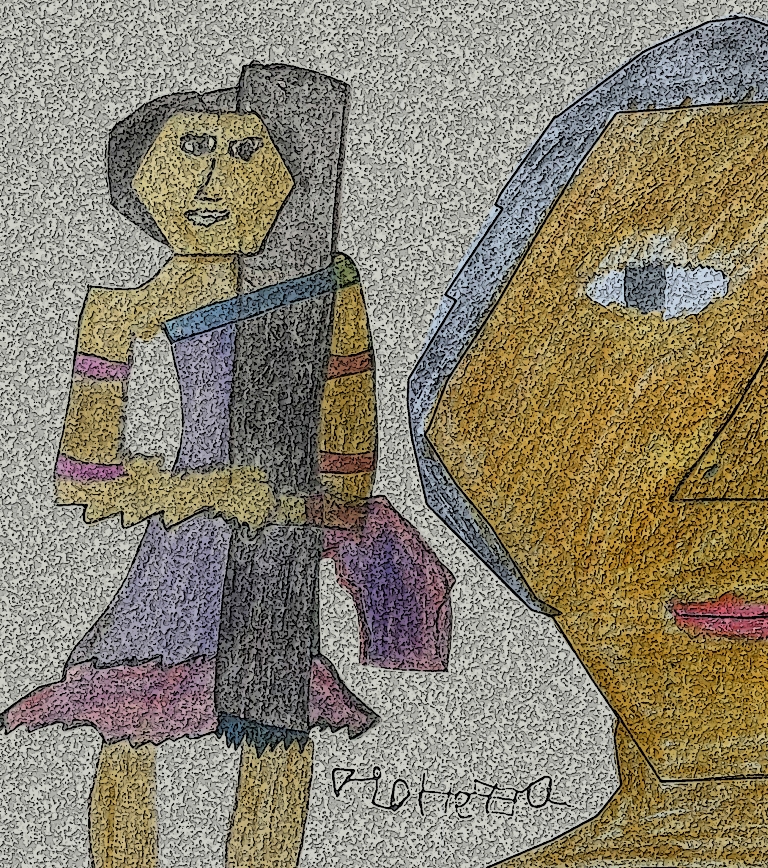
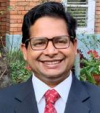
Pallav Ranjan
Pallav Ranjan of the Spiny Babbler knowledge center has addressed gender issues for more than 25 years using content, audio-visual, print, and web media.news@myrepublica.com
More from Author
From the time of conception to the ending of life, many women and girls face rejection, aggression, deprivation of nutrition, health care, adequate clothing, education and a life of abuse and discrimination.
Home. Family. Love. Security.
These are the mainstays of our lives. But these words mean different things to different people, especially to women and girls in our part of the world.
In an ideal home the bed is clean and warm, food is tasty and plentiful, love is abundant and easy to access, words are full of kindness and encouragement, clothing is not only for the weather but also to make you feel attractive, hot water and refreshing soup is for when you are ill, and there are shoulders to lean on and plenty of support to receive, even if you are at fault.
But for Shradha (name changed), who is 45 and runs a little shop and hands over most of her income to her husband, the “home” she shares with him, her son, daughter-in-law and the extended family was a place of fear, coercion and beatings. From the time of conception to the ending of life, women and girls like her can face rejection, aggression, deprivation of nutrition, health care, adequate clothing, education and a life of abuse and discrimination.
I think my daughters understand that they have a father who will do his utmost for their wellbeing and has love for them that covers his skies. I hope they will grow up with quality education, opportunity to explore their creativity, and inherent strength that will allow them to face up to systemic gender discrimination that prevails in this world that they have been born into. I tell them they should raise their voice when facing violence or injustice and seek support if need arises.
Programs like SAHAJ make a difference in rural areas where women’s rights are most vulnerable by creating a supportive and enabling environment wherein people can speak out and be assertive and claim their share of equality and dignity.
For Shradha and her family, the intimidation, the mental and physical abuse were a “normal” they suffered in silence and took as a part of living. It really is difficult to know what a home should be when you have no examples to compare yours with; it is impossible to know how a family can enrich your living when it acts to destroy your self-worth; offering up your life, dreams, everything you can be to your partner in exchange of abuse is not exalted as some regional movies and community leaders might portray.
Ours is a world where lawsuits are active against global leaders including Google, Twitter, Microsoft, Disney and Oracle for discrimination against women. An audit of Google found "systemic compensation disparities against women pretty much across the entire workforce." And away from the exalted world of high technology, where floors are earthen, walls are shaped of bamboo, and the buffalo calls, women and girls are considered for feticide, suffer lack decent care, and are deprived of equal opportunities.
In case of Shradha and her daughters, security was little food, a roof over the head, and perhaps a feeling that they did not have options. Fortunately, Shradha’s world opened up when her daughter Prerana received an opportunity to look at life through a different lens through a social norms transformation program called SAHAJ. She learned that it is important to speak up and it is important to seek justice. Armed with this knowledge, Prerana acted when she saw her mother beaten severely by family members. She went to family-centered facilitators who work in the region to champion women and girls’ rights and fight against gender based injustice.
The facilitators inspected her mother’s condition. Then they involved the police. The police acted. The extended family was brought together and legal consequences clarified by the facilitators as well as the police to them. Shradha was able to speak out about her life in the family, her slave-like conditions, her contribution to the family, and her lack of rights within her home.
I watch as my daughters play music, publish their work in journals, exhibit artwork, and learn from national and international educators. Their teachers, friends, and family members encourage them to speak up. Every human being can and should express their aspirations, opinions and seek justice when wronged.
For Shradha, I am glad that since she and her daughter broke the cycle of silence and sought justice, things have improved significantly. Follow-up visits by social family-centered facilitators show that not a single act of aggression has taken place against them since they chose to speak out. Their life is now much better.
You May Like This
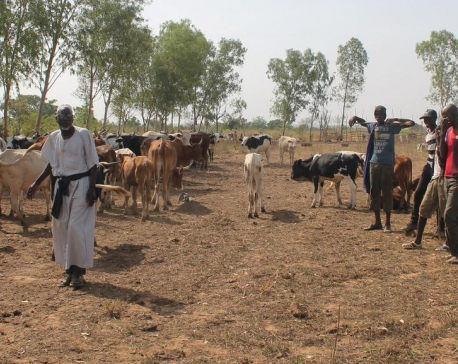
Gunmen kill at least 134 Fulani herders in central Mali's worst violence yet
BAMAKO, March 24: Gunmen killed at least 134 Fulani herders in central Mali on Saturday, a local mayor said, the... Read More...
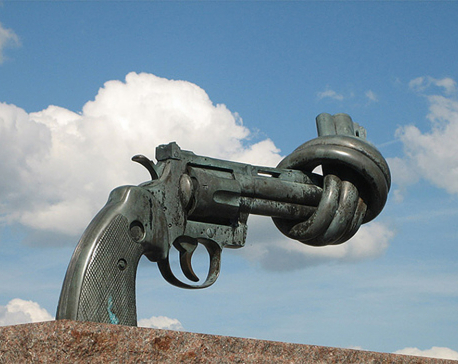
Promoting violence
The perceived efficacy of the language of violence runs the risk of making peaceful methods ineffective ... Read More...
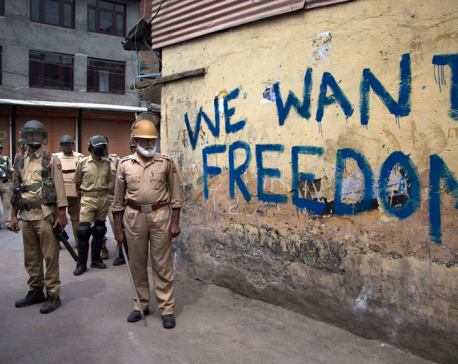
Kashmir newspaper banned to prevent anti-India violence
SRINAGAR, India, Oct 4: Authorities in Indian-controlled Kashmir have banned the publication of a local newspaper, saying that its contents... Read More...




Just In
- MoHP cautions docs working in govt hospitals not to work in private ones
- Over 400,000 tourists visited Mustang by road last year
- 19 hydropower projects to be showcased at investment summit
- Global oil and gold prices surge as Israel retaliates against Iran
- Sajha Yatayat cancels CEO appointment process for lack of candidates
- Govt padlocks Nepal Scouts’ property illegally occupied by NC lawmaker Deepak Khadka
- FWEAN meets with President Paudel to solicit support for women entrepreneurship
- Koshi provincial assembly passes resolution motion calling for special session by majority votes







_20220508065243.jpg)






Leave A Comment